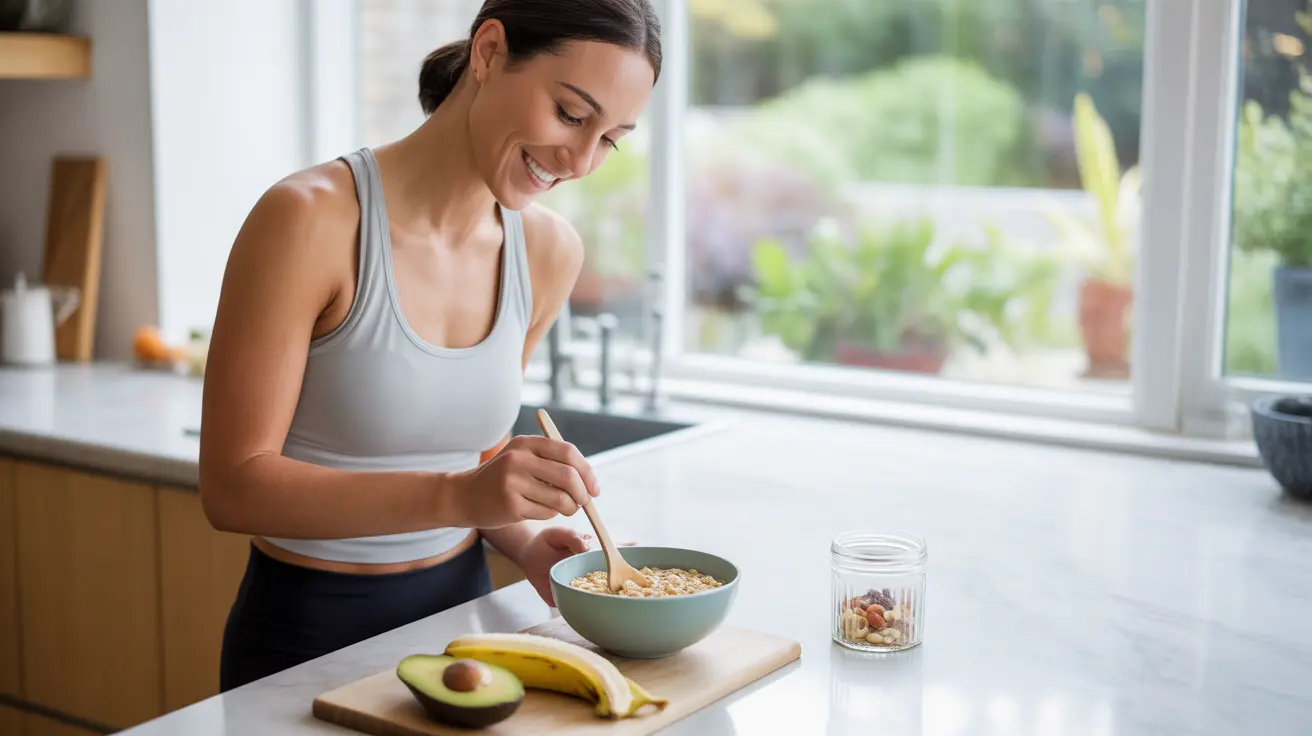Whether you're a seasoned athlete or just starting your fitness journey, what you eat plays a crucial role in achieving your exercise goals. The best diet for working out combines proper timing, balanced nutrients, and sustainable eating habits that support both performance and recovery.
In this comprehensive guide, we'll explore how to optimize your nutrition to enhance your workouts, build muscle, and maintain energy levels throughout your fitness routine.
Pre-Workout Nutrition: Timing Your Meals for Peak Performance
The food you consume before exercise significantly impacts your workout quality. For optimal energy levels, eat a balanced meal containing carbohydrates and moderate protein 2-3 hours before exercising. Some excellent pre-workout meal options include:
- Oatmeal with banana and a scoop of protein powder
- Whole grain toast with eggs and avocado
- Greek yogurt with berries and granola
- Brown rice with lean chicken and vegetables
Quick Pre-Workout Snacks
If you're short on time, consume a light snack 30-60 minutes before your workout:
- A piece of fruit with a handful of nuts
- Rice cake with almond butter
- Small smoothie with protein and carbs
- Energy bar with balanced macronutrients
Protein Requirements for Active Individuals
Protein intake is crucial for muscle repair and growth when working out regularly. The recommended protein intake varies based on your activity level and fitness goals:
- Recreational exercisers: 0.8-1.0g per pound of body weight
- Strength training athletes: 1.0-1.2g per pound of body weight
- Endurance athletes: 0.8-1.0g per pound of body weight
The Importance of Healthy Fats in Your Fitness Diet
Healthy fats are essential for hormone production, joint health, and sustained energy. Include these nutritious fat sources in your diet:
- Avocados
- Nuts and seeds
- Olive oil
- Fatty fish (salmon, mackerel, sardines)
- Chia seeds and flaxseeds
Incorporating Fruits and Vegetables for Exercise Recovery
Fruits and vegetables provide vital nutrients that support recovery and overall health. To increase your intake:
- Add spinach or kale to your morning smoothie
- Prepare vegetable-rich stir-fries for lunch or dinner
- Keep cut vegetables ready for quick snacking
- Include a variety of colorful produce at each meal
- Add fruit to your post-workout protein shake
Frequently Asked Questions
What should I eat before a workout to get the best energy and performance?
Consume a combination of complex carbohydrates and lean protein 2-3 hours before exercising. For immediate pre-workout nutrition, opt for easily digestible carbs and a small amount of protein 30-60 minutes before training.
How much protein do I need each day if I work out regularly?
Most active individuals need between 0.8-1.2 grams of protein per pound of body weight, depending on their specific fitness goals and workout intensity. Strength training athletes typically require amounts on the higher end of this range.
Is breakfast really important for people who exercise, or can I skip it?
While some people can perform well with intermittent fasting, breakfast provides important fuel for morning workouts and helps regulate appetite throughout the day. If you exercise in the morning, eating breakfast can improve performance and prevent muscle breakdown.
What are the best healthy fat sources to include in a diet for fitness and muscle building?
Focus on incorporating avocados, nuts, seeds, olive oil, and fatty fish into your diet. These sources provide essential fatty acids that support hormone production, reduce inflammation, and aid in nutrient absorption.
How can I easily add more fruits and vegetables into my meals to support exercise and recovery?
Start by adding vegetables to your existing meals, such as spinach in smoothies or extra vegetables in stir-fries. Keep pre-cut vegetables ready for snacking, and aim to fill half your plate with produce at each meal. Consider starting your day with a fruit-based smoothie or adding berries to your breakfast.




